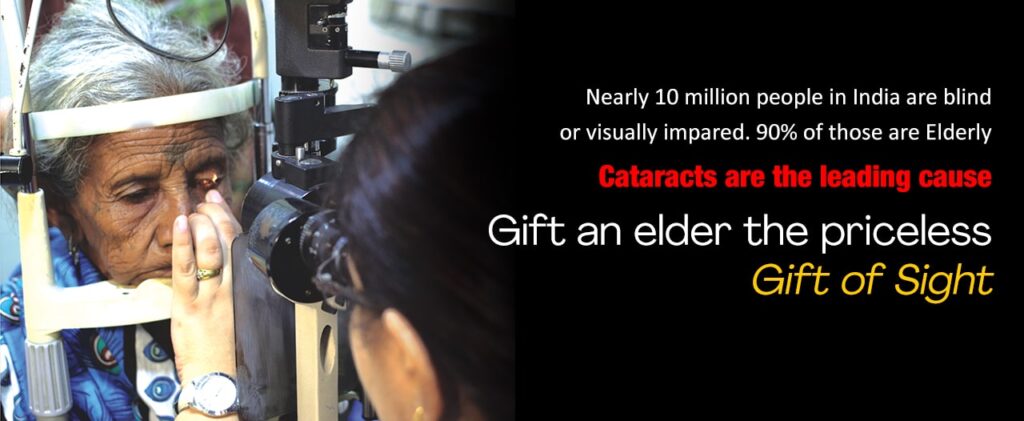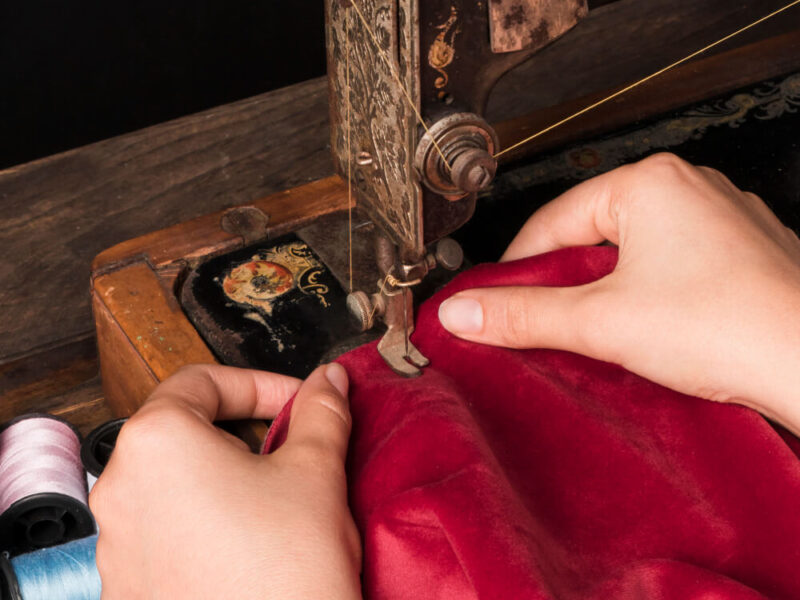Understanding Non-Governmental Organizations (NGOs) and Their Impact in India

Non-Governmental Organizations (NGOs) are non-profit entities that operate independently of government control. They aim to address social, economic, environmental, and political issues that impact society. In India, NGOs have become increasingly prominent as they bridge the gap between governmental provisions and the needs of underserved populations. This blog delves into the role of NGOs, particularly those focused on elder care, while also highlighting the issue of fraudulent NGOs and how to differentiate them from genuine ones.
Objectives and Roles of NGOs for the Elderly

NGOs for the elderly in India play a crucial role in uplifting senior citizens and addressing their unique challenges. The core objectives of these NGOs include:
- Overall Upliftment of Senior Citizens: Ensuring a better quality of life for the elderly through various support services.
- Spreading Social Awareness: Creating a society that is hospitable and obliging to older persons.
- Transforming Societal Attitudes: Promoting respect and honor for senior citizens.
- Providing Dignified and Fulfilling Lives: Assisting underprivileged and disadvantaged aged individuals to live with dignity.
Significance of NGOs for Elder Care
NGOs provide essential support and facilities to the elderly, including:
- Various Types of Services: Proper care, economic provisions, medical treatment, legal assistance for property disputes, and more.
- Volunteer Support: Many NGOs rely on volunteers who understand and are trained to address the issues faced by elderly people.
- Health Care and Income Opportunities: Offering healthcare services and training for income-generating activities.
NGOs working for the aged population also engage in activities that enrich the lives of the elderly. They often collaborate with government agencies to develop programs addressing the needs of senior citizens.
Prominent NGOs for Elderly Care in India

- HelpAge India: Formed in 1978, this NGO focuses on fighting isolation, poverty, and neglect of the elderly. It runs programs like ophthalmic care, mobile medicare, income generation, day care centers, and homes for the aged.
- Dignity Foundation: Aims to create a secure and confident environment for senior citizens. It works to rid the elderly of negative feelings associated with aging and promotes equality and positive thinking.
- International Longevity Centre-India: Focuses on education and training for the aged population, advocating and researching population aging.
- Age Care India: Established in 1980, this NGO promotes the welfare of aged individuals regardless of caste, color, or creed. It offers health check-up camps, clinics, and employment opportunities for retired people.
- All India Senior Citizens’ Confederation (AISCCON): The largest national network for senior citizens, committed to research and advocacy on issues concerning the elderly.
Other notable NGOs include Anugraha India, Agewell Foundation, Silver Innings Foundation, Harmony, Action for Social Help Assistance (ASHA), Family Welfare Agency, Development-Welfare and Research Foundation (DWARF), and Meals on Wheels.
The Issue of Fraudulent NGOs

While many NGOs work tirelessly for the betterment of society, there are instances of fraudulent NGOs that exploit people’s trust and divert funds for personal gain. These fake NGOs often present themselves as legitimate organizations but fail to deliver on their promises, thereby tarnishing the reputation of genuine NGOs.
Examples of Fraudulent NGOs
- Case of Fake Education NGOs: Several fake NGOs have been caught running fraudulent educational programs, collecting funds without providing any actual educational services.
- Misuse of Government Grants: Some NGOs receive government grants for specific projects but misuse the funds for personal benefits or unrelated activities.
- False Claims of Aid: Fake NGOs often make false claims about providing aid during natural disasters or crises, collecting donations without delivering any help to the affected individuals.
How to Differentiate Fake and Real NGOs?

To ensure your contributions are going to legitimate organizations, consider the following tips:
- Check Registration and Accreditation: Genuine NGOs are typically registered under the appropriate governmental acts and have accreditation from recognized bodies.
- Review Financial Transparency: Real NGOs publish their financial statements, annual reports, and audit results. Lack of financial transparency is a red flag.
- Look for Established Track Records: Authentic NGOs have a history of projects and positive impact. Check for their past activities and success stories.
- Verify Partnerships and Affiliations: Real NGOs often collaborate with reputable organizations, including government agencies and other well-known NGOs.
- Seek Testimonials and Reviews: Look for feedback from beneficiaries, volunteers, and donors. Positive reviews and testimonials from trusted sources can indicate a genuine NGO.
- Visit the NGO: If possible, visit the NGO’s office or project sites to see their work firsthand.
- Use Online Resources: Websites like Charity Navigator and GuideStar can provide information and ratings on the legitimacy of NGOs.

NGOs play a vital role in addressing the needs of vulnerable populations in India, particularly the elderly. They provide essential services, support, and advocacy, often filling gaps left by governmental provisions. However, the presence of fraudulent NGOs poses a significant challenge, as they undermine public trust and divert resources from those in need. It is crucial for donors and beneficiaries to verify the legitimacy of NGOs and support those that are transparent and accountable. By doing so, we can ensure that genuine efforts to uplift society are recognized and supported, while preventing exploitation by fraudulent entities.
Write with us✍?
TeamUgtWorld warmly welcomes everyone! If you have something on your mind that you’d like to write about, we invite you to publish your thoughts on our platform @Ugtworld. To learn more, please click on the link provided below.


